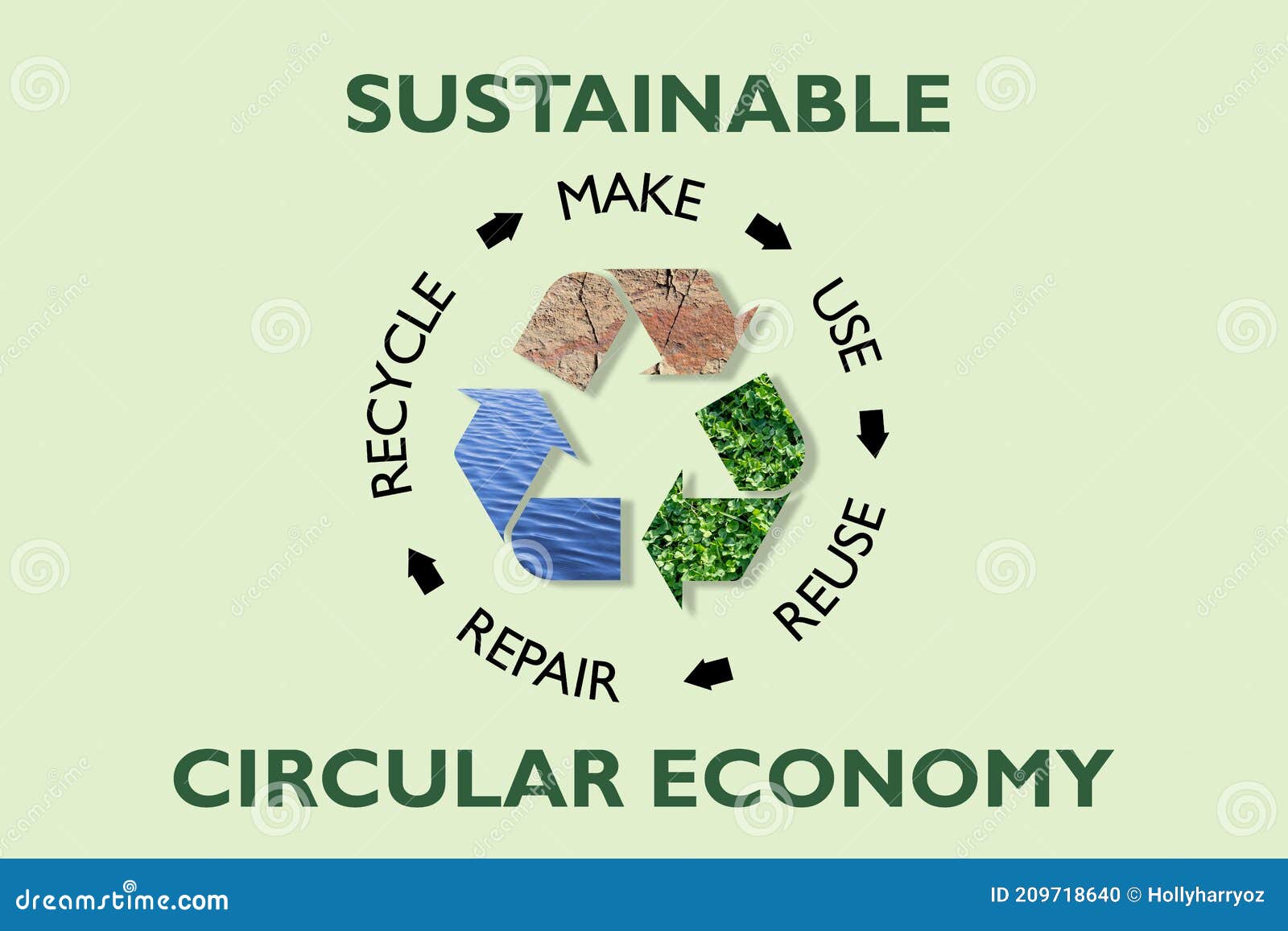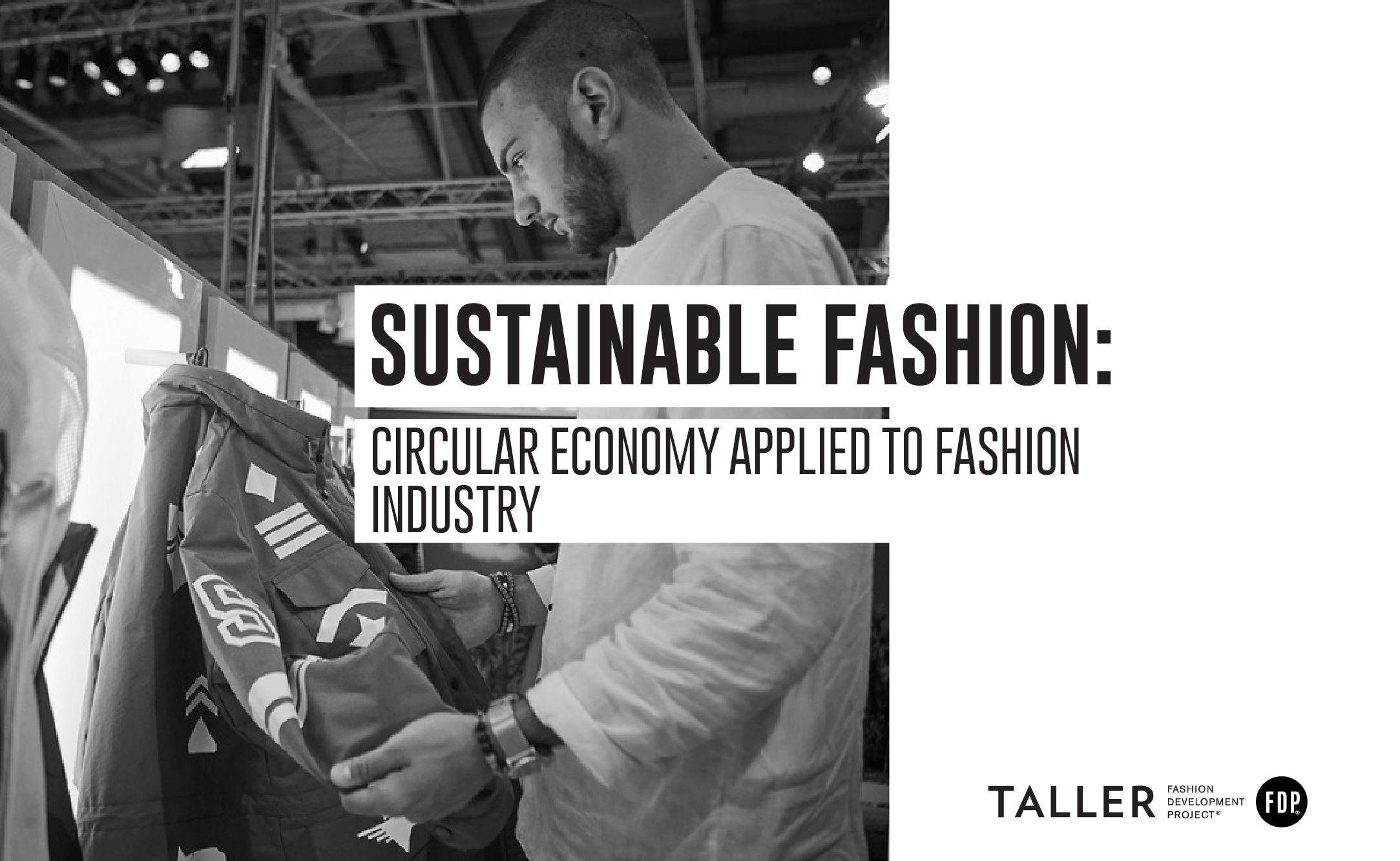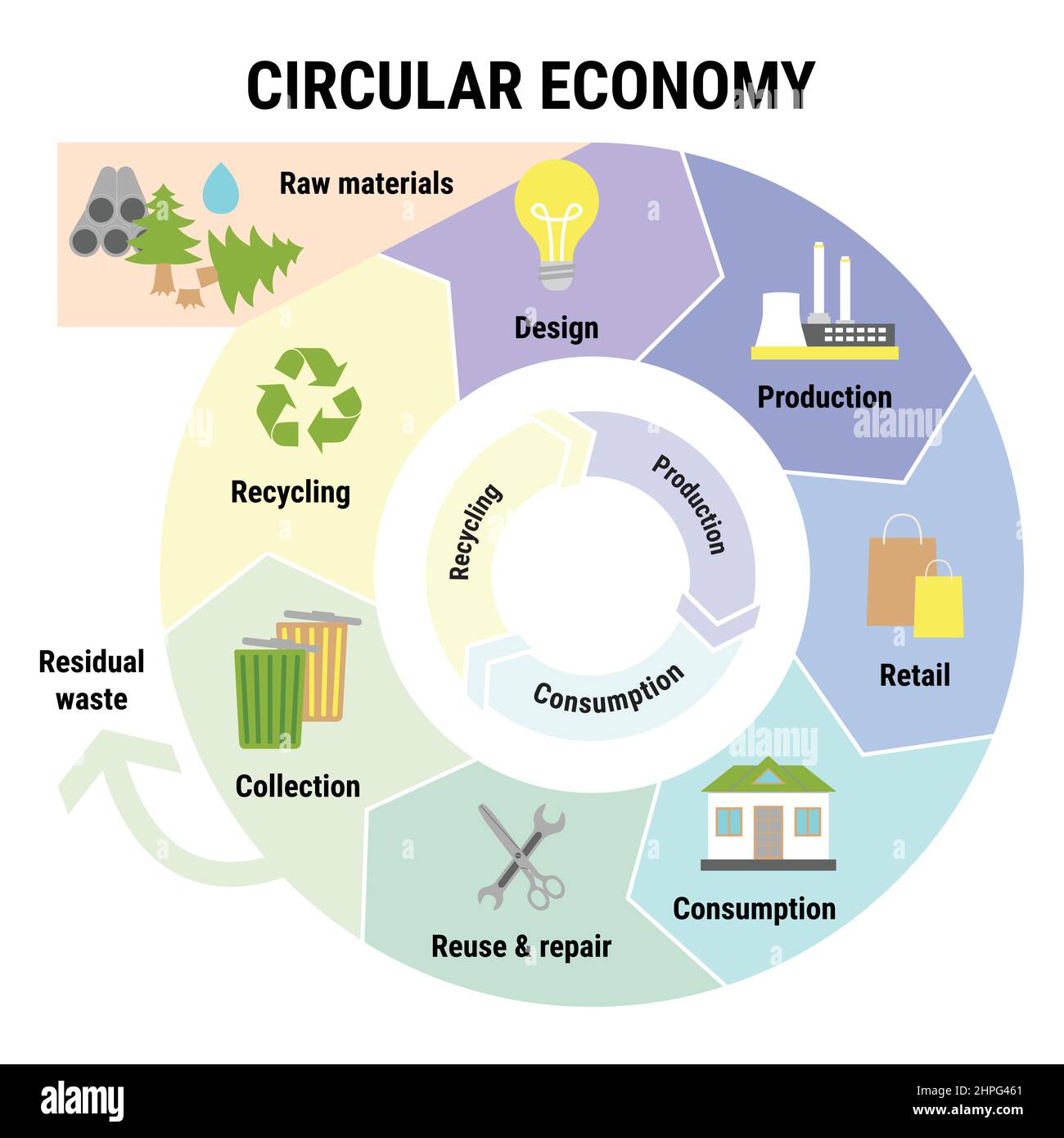Who is Sophie Pommier? An expert in sustainable fashion and circular economy. Sophie Pommier is a pioneer in the field of sustainable fashion and a strong advocate for the circular economy.
![]()
Circular Economy Fashion, Clothes Recycle Icon Sustainable Fashion - Source www.dreamstime.com
Editor's Notes: Sophie Pommier: Expert In Sustainable Fashion And Circular Economy have published today date because sustainable fashion is more important than ever before. The fashion industry is one of the most polluting industries in the world, and it is responsible for a significant amount of greenhouse gas emissions, water pollution, and waste. Sustainable fashion is a way to reduce the environmental impact of the fashion industry by using sustainable materials, reducing waste, and promoting ethical production practices.
Our team has done some analysis, digging information, and put together this guide to help you on making the right decision when it comes to sustainable fashion.
| Key Differences | Key Takeaways |
|---|---|
| Sophie Pommier is a leading expert in sustainable fashion and circular economy. | She has over 20 years of experience in the fashion industry, and she has worked with some of the biggest brands in the world. |
| She is the founder of the Sustainable Fashion Academy, which provides training and resources to help people learn about sustainable fashion. | She is also the co-author of the book "The Circular Economy of Fashion". |
| Sophie Pommier is a passionate advocate for sustainable fashion. | She believes that the fashion industry can be a force for good, and she is working to make that happen. |
Sophie Pommier is a true pioneer in the field of sustainable fashion. She is a thought leader, an educator, and an advocate for change. Her work is helping to make the fashion industry more sustainable, and she is inspiring others to do the same.
FAQ
This FAQ section addresses common questions and misconceptions regarding sustainable fashion and the circular economy, providing expert insights from Sophie Pommier.

Reuse, Repair, Upcycle. Sustainable Fashion, Circular Economy. Denim - Source cartoondealer.com
Question 1: What is sustainable fashion?
Sustainable fashion prioritizes environmental and social responsibility throughout the production, distribution, and disposal of clothing and accessories. It aims to minimize negative impacts on the planet and its people, while promoting fair labor practices and circularity.
Question 2: How can I contribute to a circular economy in fashion?
Embrace circular fashion practices such as buying less, choosing sustainable materials, repairing and reusing garments, donating or reselling old clothes, and supporting brands that implement circular initiatives.
Question 3: Is sustainable fashion more expensive?
While sustainable fashion may have a higher upfront cost due to ethical production practices and eco-friendly materials, it often offers long-term savings through garment longevity and reduced consumption.
Question 4: What are the environmental benefits of sustainable fashion?
Sustainable fashion reduces greenhouse gas emissions, water pollution, and waste generation. It promotes the use of renewable resources and minimizes the depletion of natural resources.
Question 5: How can I identify sustainable fashion brands?
Look for certifications such as GOTS, Fairtrade, and B Corp. Consider brands that are transparent about their supply chain, use sustainable materials, and implement circular economy practices.
Question 6: What is the future of sustainable fashion?
Sustainable fashion is evolving towards a more circular, regenerative approach. Innovations in materials science, digital technologies, and consumer behavior are driving progress towards a positive future for both fashion and the environment.
In conclusion, understanding sustainable fashion and the circular economy empowers individuals to make conscious choices that contribute to a more ethical and environmentally sound industry.
Transition to the next article section:
Tips by Sophie Pommier: Expert In Sustainable Fashion And Circular Economy
Sustainable fashion and circular economy expert Sophie Pommier offers valuable tips to help us make more eco-conscious choices in our daily lives. These tips cover various aspects of sustainable fashion, from choosing ethical brands and extending the lifespan of our clothes to embracing the circular economy model.
Tip 1: Invest in Quality Over Quantity
Invest in well-made, durable clothing items that will last for years rather than buying cheap, disposable pieces that end up in landfills. Look for pieces made from sustainable materials like organic cotton, hemp, or recycled fibres.
Tip 2: Repair and Upcycle Your Clothes
Instead of discarding damaged or outdated clothing, consider repairing or upcycling them. This can be as simple as mending a seam or as creative as transforming an old shirt into a stylish tote bag.
Tip 3: Embrace the Sharing Economy
Join clothing swap groups or rent outfits for special occasions. This not only reduces waste but also saves you money and allows you to experiment with different styles.
Tip 4: Choose Ethical Brands
Support brands that prioritize environmental and social responsibility. Look for certifications like Fair Trade, GOTS (Global Organic Textile Standard), or B Corp. These certifications ensure that the products are produced ethically and with minimal environmental impact.
Tip 5: Donate or Recycle Unwanted Clothes
When it's time to part ways with clothes you no longer wear, donate them to charities or textile recycling programs. This prevents them from ending up in landfills and gives them a new lease on life.
By following these tips, you can contribute to a more sustainable fashion industry and reduce your environmental impact. Remember, every small action makes a difference.
Sophie Pommier: Expert In Sustainable Fashion And Circular Economy
Sophie Pommier is an expert in sustainable fashion and economy. Her work has focused on a number of key aspects that are essential to these fields. These include the following:
- Sustainable materials: Pommier has been a strong advocate for using sustainable materials in fashion. Sustainable materials are those that have a low environmental impact, such as recycled polyester or organic cotton.
- Circular economy: The circular economy is a system in which products are designed to be used and reused, rather than being thrown away. Pommier has been a strong advocate for the circular economy in fashion, and has worked to develop new ways to keep clothes out of landfills.
- Collaboration: Pommier believes that collaboration is essential to creating a more sustainable fashion industry. She has worked with a number of organizations, including the Sustainable Apparel Coalition, to develop new standards and practices for sustainable fashion.
- Education: Pommier believes that education is essential to creating a more sustainable fashion industry. She has taught courses on sustainable fashion at a number of universities, and has also developed educational materials for the fashion industry.
- Advocacy: Pommier is a strong advocate for sustainable fashion. She has spoken at a number of conferences and events, and has also written articles and blog posts about sustainable fashion.
- Innovation: Pommier is constantly looking for new and innovative ways to make the fashion industry more sustainable. She has worked with a number of startups and researchers to develop new technologies and materials that can be used in sustainable fashion.
These key aspects of Sophie Pommier's work are essential to her overall goal of creating a more sustainable fashion industry. By using sustainable materials, promoting the circular economy, collaborating with others, educating the public, advocating for change, and embracing innovation, Pommier is making a significant contribution to the fight against climate change.

Sustainable Fashion: Circular economy applied to fashion industry. | TALLER - Source taller-fdp.com

Circular Economy Infographic Sustainable Business Model Stock Vector - Source www.babezdoor.com
Sophie Pommier: Expert In Sustainable Fashion And Circular Economy
Sophie Pommier is a leading expert in sustainable fashion and the circular economy. She is the founder of the Institute for Sustainable Fashion at the London College of Fashion, and has over 20 years of experience working in the fashion industry. Sophie's work focuses on developing and implementing sustainable solutions for the fashion industry, and she is a passionate advocate for change.
![]()
Circular Economy Textiles, Make, Use, Reuse, Remake, Recycle with Eco - Source www.dreamstime.com
The circular economy is a model of production and consumption that aims to eliminate waste and pollution. In a circular economy, materials are used over and over again, and products are designed to be recycled or reused. This can help to reduce the environmental impact of the fashion industry, which is one of the most polluting industries in the world.
Sophie Pommier's work on sustainable fashion and the circular economy has had a significant impact on the industry. She has helped to raise awareness of the environmental issues facing the fashion industry, and she has developed a number of innovative solutions to help businesses reduce their environmental impact. Sophie's work is an important part of the movement towards a more sustainable fashion industry, and she is a leading voice in the field.
| Challenges | Solutions |
|---|---|
| Waste and pollution | Circular economy models |
| Resource depletion | Use of recycled materials |
| Labor exploitation | Fair trade practices and transparency |
Conclusion
Sophie Pommier is a leading expert in sustainable fashion and the circular economy, and her work has had a significant impact on the industry. She is a passionate advocate for change, and she is helping to drive the fashion industry towards a more sustainable future.
Sophie's work is important because it helps to address the environmental and social issues facing the fashion industry. The circular economy offers a viable solution to the problem of waste and pollution, and it can help to reduce the industry's environmental impact. Sophie's work is also helping to raise awareness of the issue of labor exploitation in the fashion industry, and she is working to promote fair trade practices and transparency.



